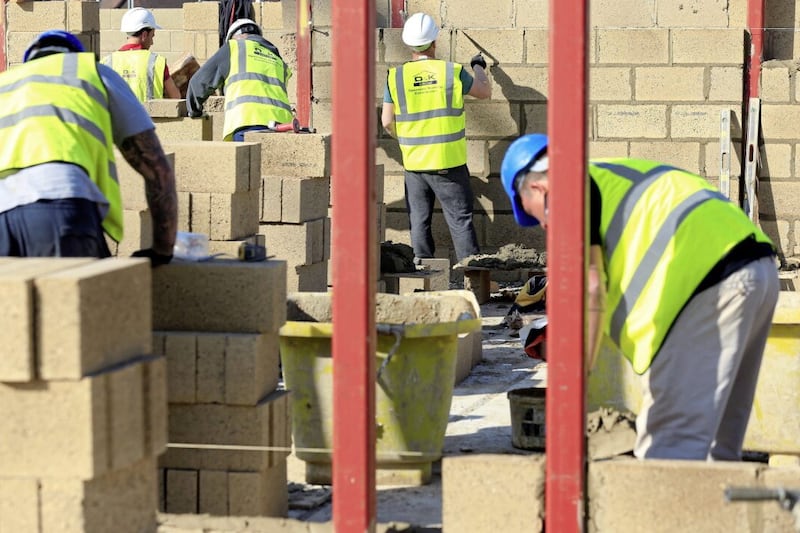THOUSANDS of businesses in Northern Ireland are in the verge of possible collapse, despite government support measures designed to avoid mass insolvencies.
Data in the latest Red Flag Alert from recovery specialists Begbies Traynor claims instances of "advanced financial distress" have doubled here over the last year.
And it says that for beleaguered businesses hoping for a post-pandemic economic recovery, the scale and complexity of the challenges facing them - and the speed at which the government is able to resolve the issues - "may prove to be too slow for many struggling small businesses".
Through the use of a unique algorithm, the Red Flag Alert measures corporate distress signals, drawing on factual legal and financial data from a wide range of relevant sources, including intelligence from the UK's leading insolvency business,
In the three months to September in Northern Ireland, ‘critical’ distress was up by 50 per cent on the previous quarter (three times the comparable figure of 17 per cent rise across the UK). ‘Critical’ distress includes businesses that have had county court judgments of over £5,000 filed against them.
In addition, levels of this type of advanced distress have doubled year-on-year in Northern Ireland, while it had fallen by three per cent across the UK.
But the north has seen a sharp fall in ‘significant’ or early-stage distress as the economy has started to bounce back following the relaxation of Covid regulations during the summer.
There was an 18 per cent decline in the number of ‘significantly’ distressed businesses in Northern Ireland compared to quarter two. But the figures also showed that there had been a fall of just 5 per cent in the number of companies in ‘significant’ distress compared with the same period the previous year, before last winter’s restrictions and lockdown were imposed.
The new data shows that a total of more than 8,000 firms in Northern Ireland were displaying symptoms of ‘significant’ financial distress in the third quarter (‘significant’ distress refers to those with minor county court judgements of less than £5,000 filed against them).
Some of the sectors which saw the sharpest decline in ‘significant’ distress quarter on quarter were automotive (down 26 per cent), financial services (-24 per cent), professional services (-22 per cent), retail (-21 per cent) and construction (-20 per cent).
In contrast, sectors continuing to struggle include travel and tourism (falling by just 4 per cent), sports and health clubs (-5 per cent) and hotels and accommodation, which only saw a 13 per cent decrease in ‘significant’ distress since Q2 of this year.
Lawrence O’Hara, who leads Begbies Traynor in Northern Ireland, said: “With the double whammy of Covid and Brexit, these fresh figures show that the mounting pressures are simply proving too onerously for many businesses, whose financial problems are continuing to escalate.
“But it is encouraging to see falling levels of early distress since the previous quarter, showing that some are benefitting from the easing of the restrictions.
“With businesses now facing a myriad of new challenges, from lack of raw materials and labour to severe driver shortages and escalating fuel charges, costs are likely to rise with consumers also feeling the pain.
“And at a time when government support measures are being withdrawn and many businesses are also having to face up to paying back loans, there are going to be some tough times ahead.”
He added: “As ever, the best advice for any businesses experiencing signs of financial distress is to seek professional advice now, when there will be more options open to them, and before their problems escalate further.”








